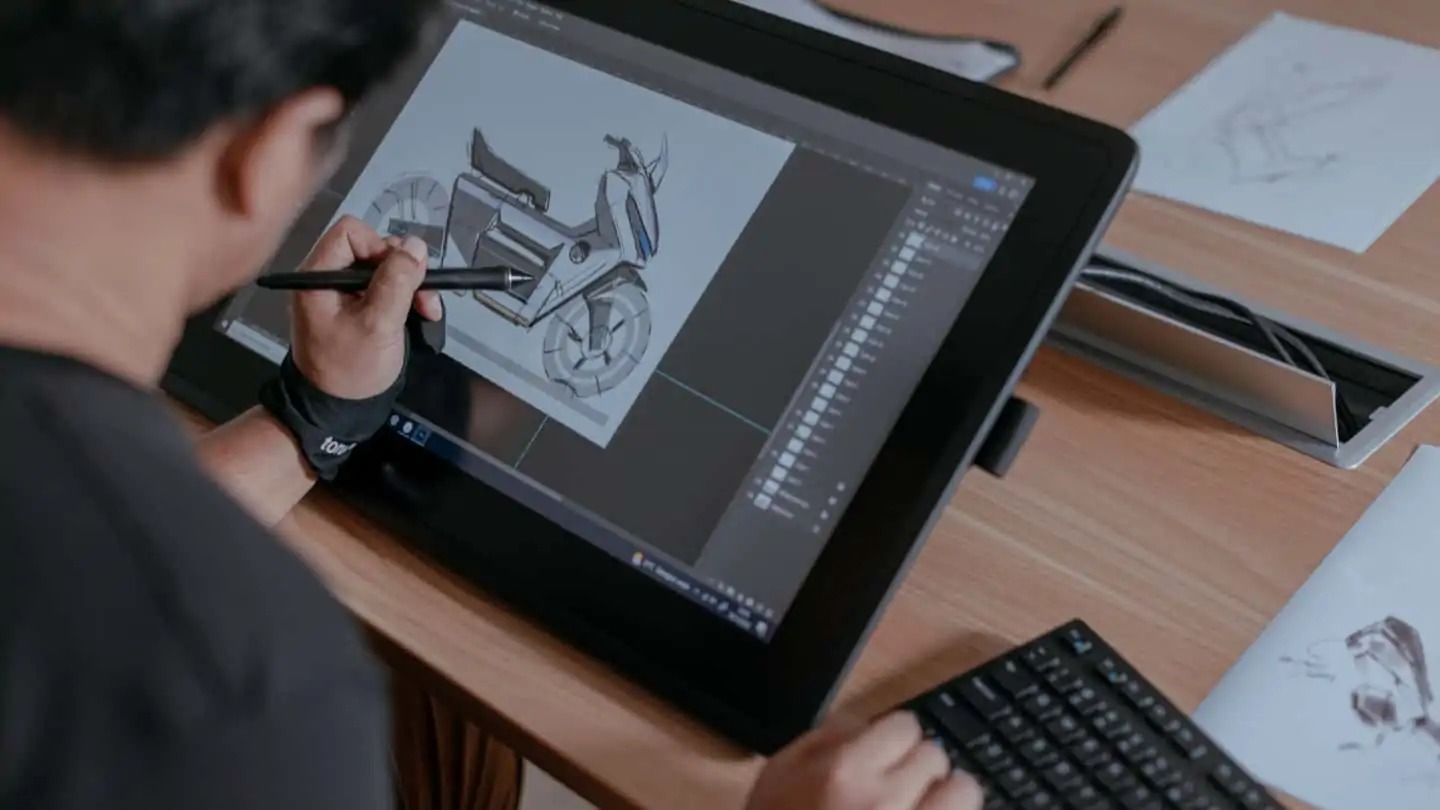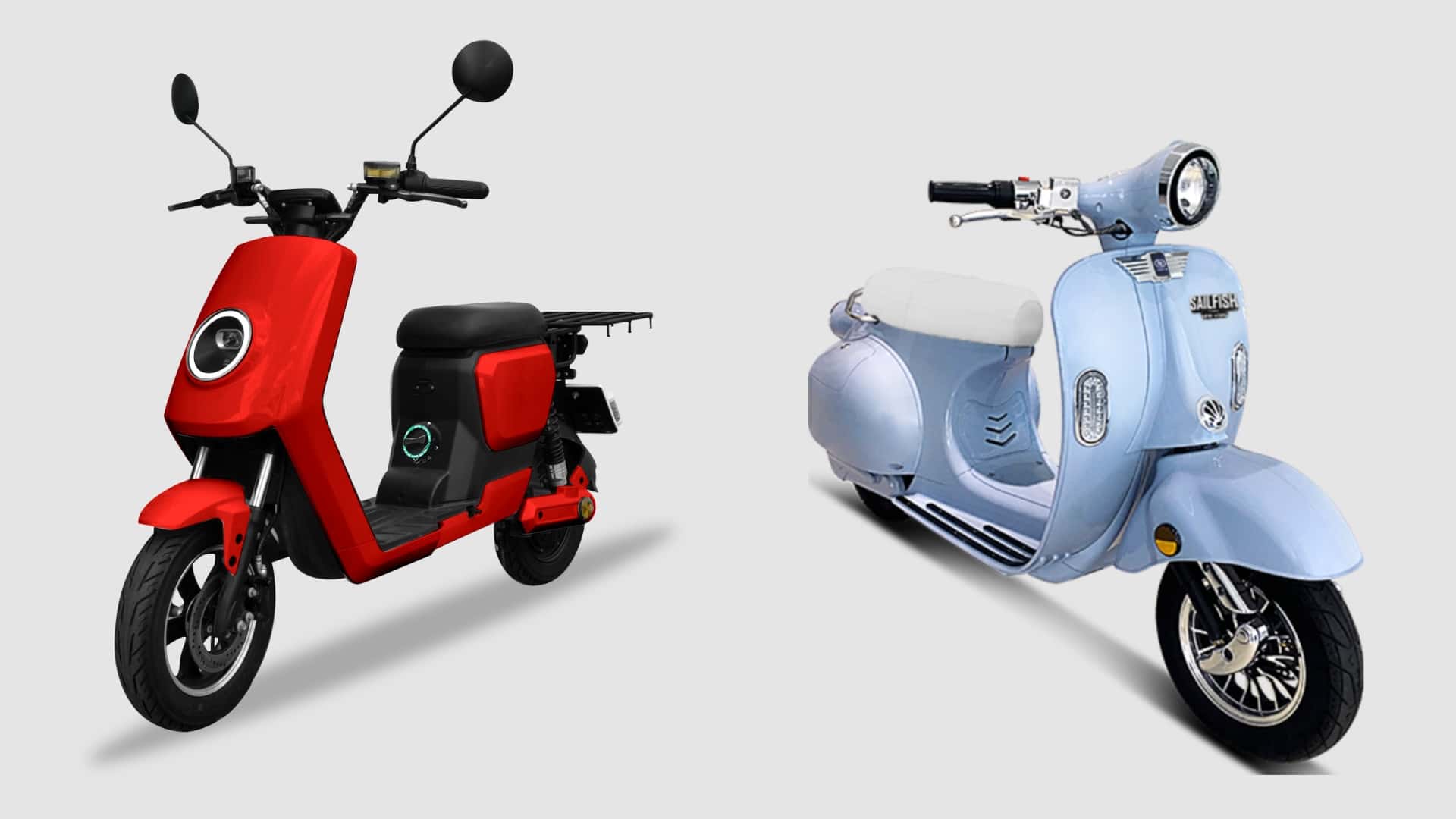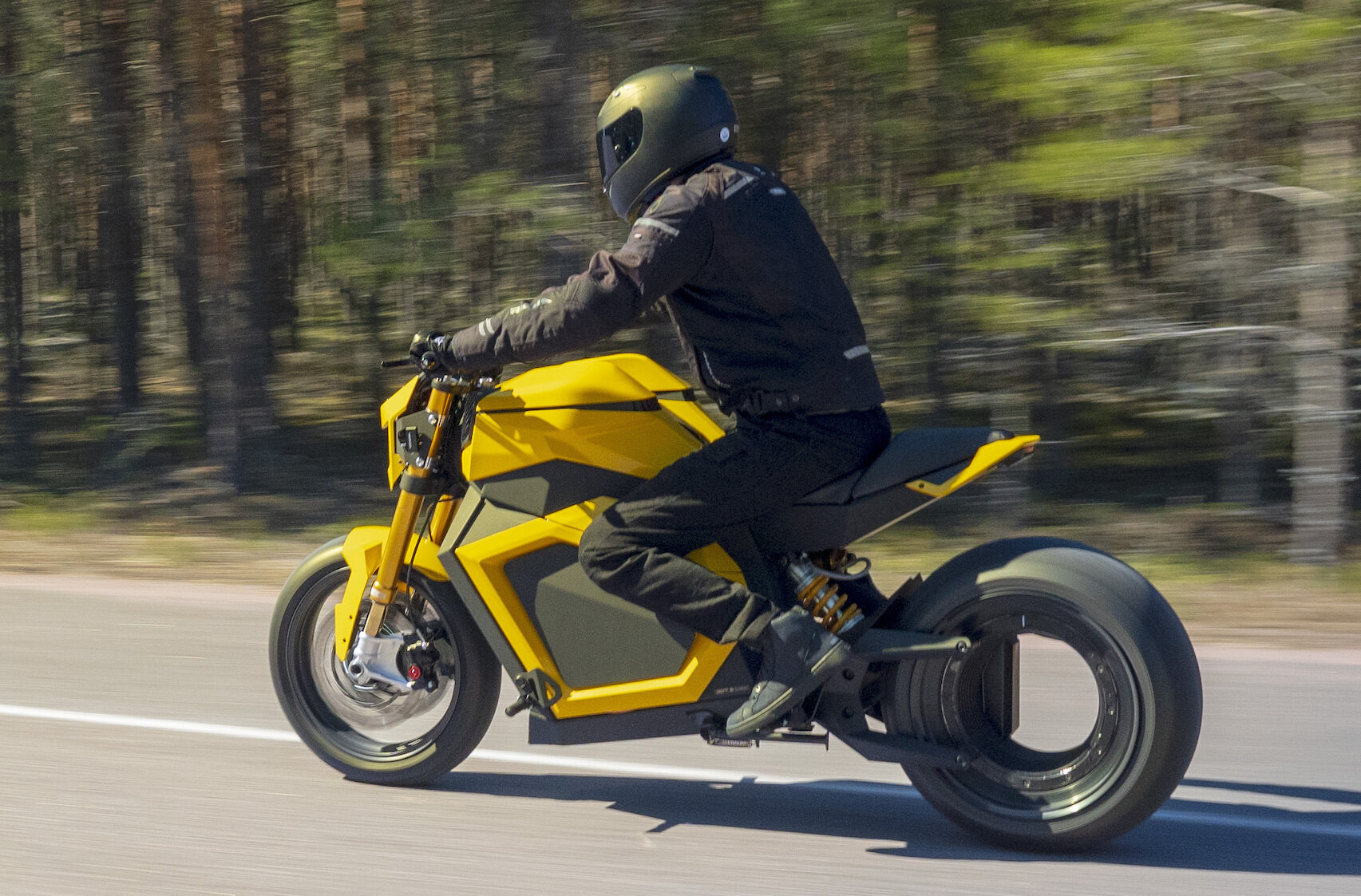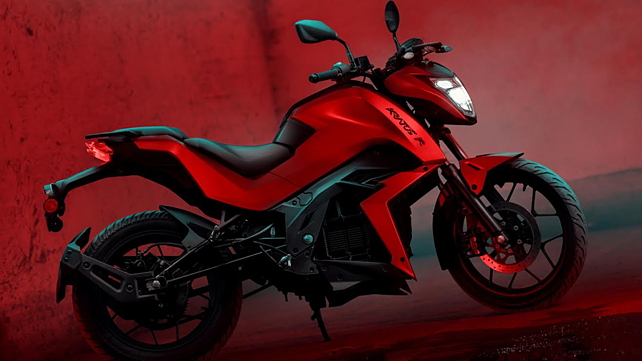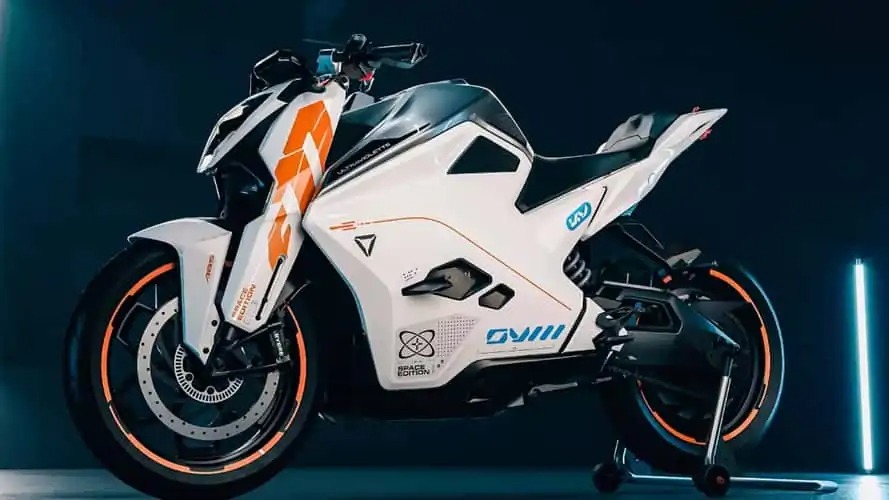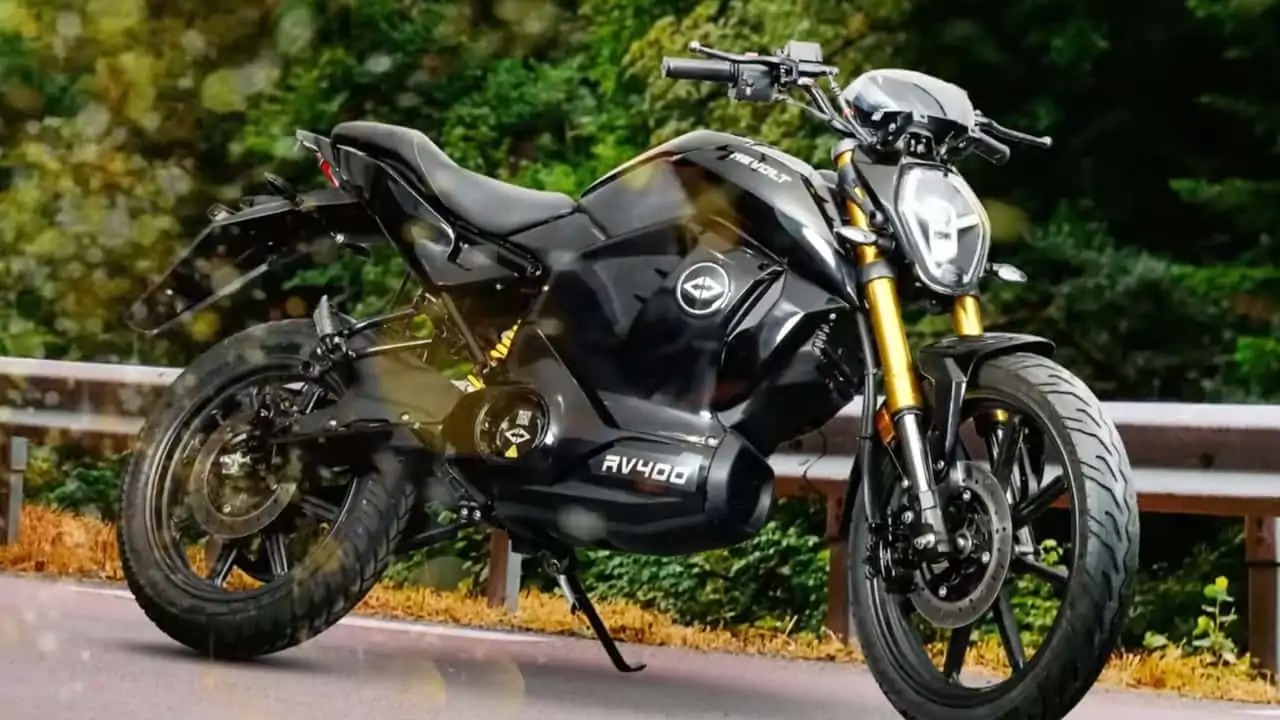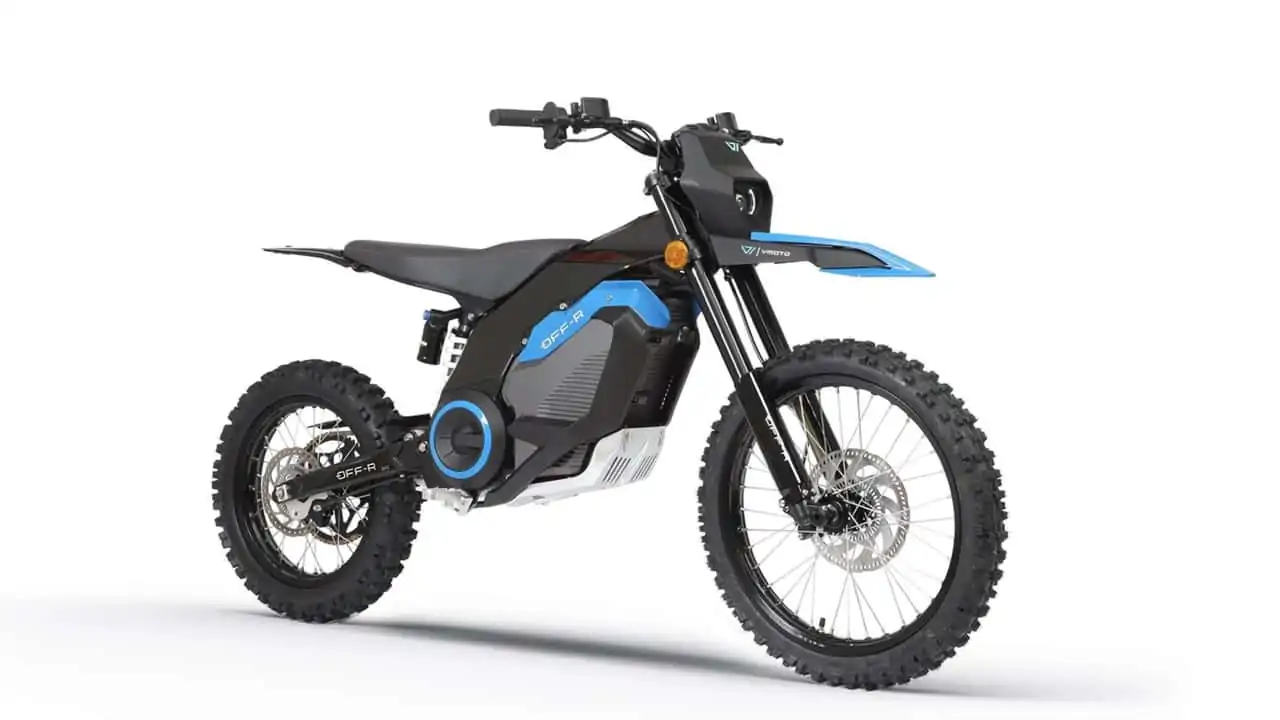The global landscape of personal mobility is undergoing a transformative shift, propelled by the swift rise of electric motorcycles. This phenomenon holds particularly true for Asia, where a spectrum of motorcycle brands, both established and emerging, are unveiling electric models that prioritize practicality, utility, and affordability. In this evolving narrative, countries like India and Indonesia are taking notable strides, driven by government incentives and an escalating demand for sustainable transportation.
In recent times, electric motorcycles have surged to the forefront of discussions surrounding the future of personal mobility worldwide. The phenomenon is particularly pronounced in Asia, where manufacturers, ranging from established giants to nimble startups, are unveiling electric models designed to fuse practicality, utility, and economic viability. Countries such as India and Indonesia are swiftly embracing this shift, spurred on by government initiatives that champion the manufacturing of electric vehicles, including two-wheelers.
Turning our attention to Indonesia, we encounter a dynamic motorcycle industry that has etched its presence as the world’s third-largest motorcycle market. With a staggering count of over 127 million motorcycles, as reported by Nikkei Asia, the country stands poised for a significant transition toward sustainable mobility. As of now, approximately 59,000 electric motorcycles grace Indonesian roads, but this number is expected to witness a meteoric surge in the coming years. Notably, Indonesia boasts abundant nickel resources, a factor that President Joko Widodo envisions harnessing for the production of electric vehicle batteries.
Amid this transformative landscape emerges Maka Motors, an indigenous electric motorcycle enterprise that aspires to carve a prominent niche in Indonesia. Founded in 2021 by Wibowo and Arief Fadillah, former executives of Indonesia’s prominent ride-sharing platform Gojek, the company has pivoted from ride-hailing to the creation and manufacturing of electric two-wheelers tailored to the unique requisites of Indonesian commuters.
In the Indonesian market, a majority of electric motorcycles are offerings from various Chinese companies. Maka Motors, however, asserts that these models inadequately cater to the diverse needs of Indonesian consumers, who seek motorcycles endowed with both robust power and utility. Given the integral role motorcycles play in Indonesian society, serving not only as individual transport but also as a means to ferry families due to limited car accessibility, the demand for versatile two-wheelers is undeniable.
Maka Motors envisions establishing its operational base in Cikarang, situated approximately 25 miles east of Jakarta. With aspirations to commence production by the latter half of 2024, the company envisions generating employment opportunities for around 200 individuals. Bolstered by a funding round that yielded $37 million, attracting pivotal investments from South Korean and Singaporean entities, Maka Motors is earmarking these resources for the construction of its cutting-edge manufacturing facility.
As for the vehicles themselves, Maka Motors’ roadmap entails the development and production of electric motorcycles equipped with batteries that promise enhanced longevity compared to their Chinese counterparts. Additionally, the company plans to introduce a utilitarian platform, potentially featuring cargo-capable scooters designed to accommodate both passengers and goods. With an eye toward expansion, Maka Motors is poised to seize broader horizons, promising an augmented presence in the near future.

